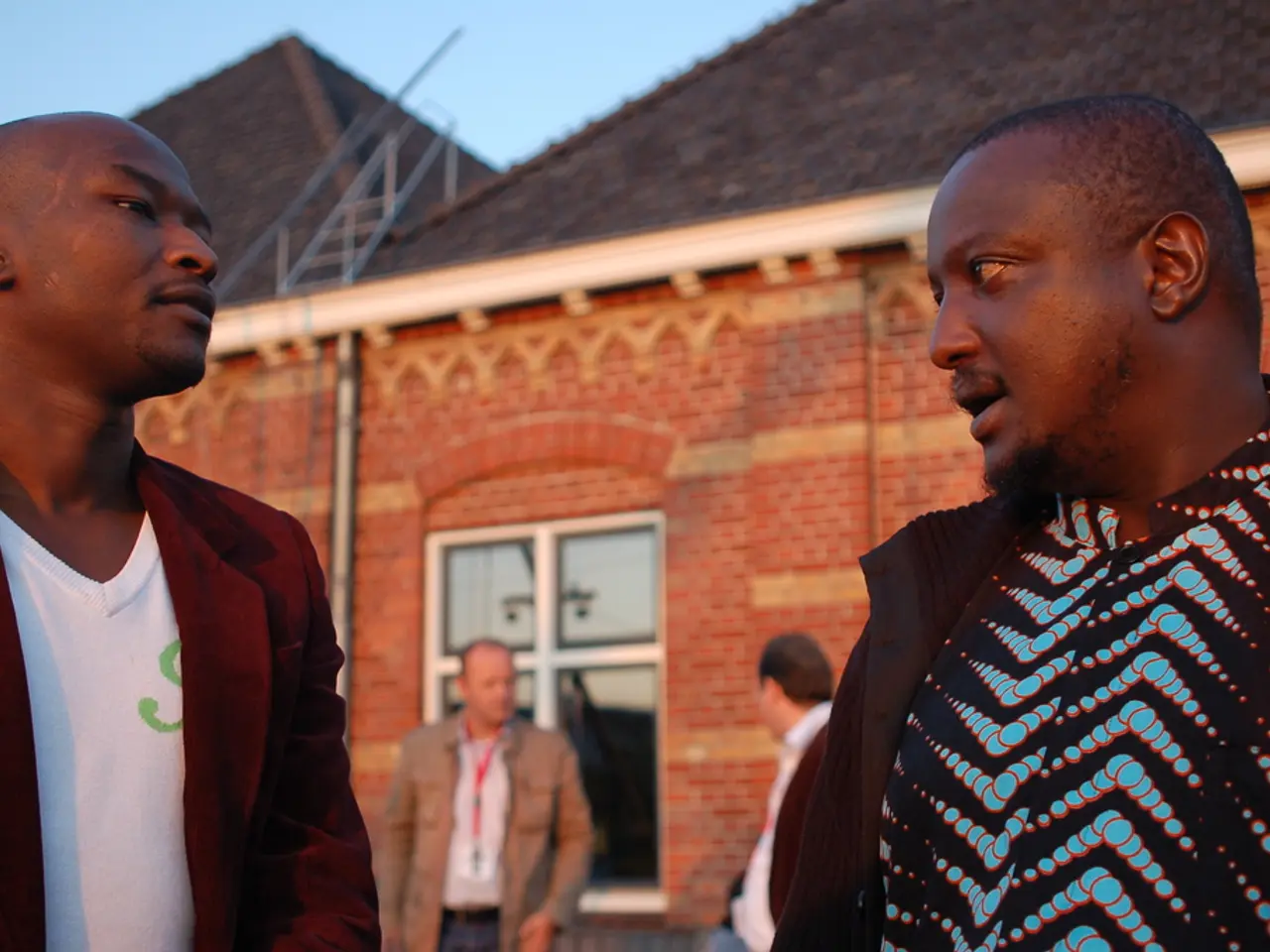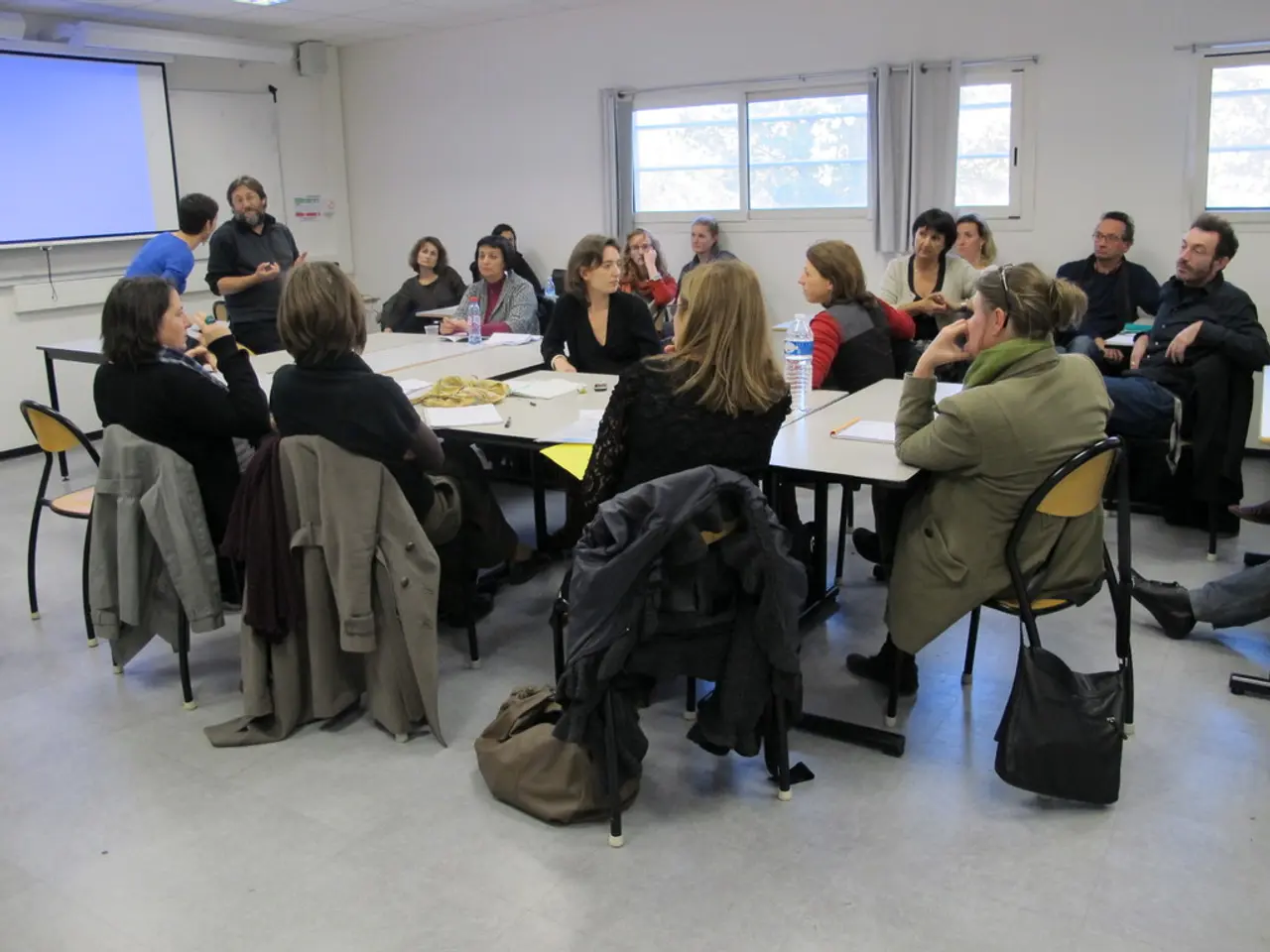Dispute over Gaza conflict: Turkish Minister of State Güler opposes initiative to relocate children to German urban areas
German Cities Push for Acceptance of Injured Children from Gaza Strip, Federal Government Hesitates
A divisive issue has arisen in Germany as several cities have expressed their intention to take in injured and traumatized children from the Gaza Strip, while the federal government remains cautious and opposed to the plan.
The mayors of Hannover, Düsseldorf, Bonn, Leipzig, and Kiel have penned a letter to Federal Minister of the Interior Alexander Dobrindt (CSU) and Foreign Minister Johann Wadephul (CDU), requesting assistance for entry procedures, selection, and medical coordination of the children they wish to welcome.
However, the federal government has reservations about the feasibility of taking in these children, citing security concerns, political challenges, and the preference for providing aid within the region. The Interior Ministry is currently evaluating the feasibility, which heavily depends on the security conditions in Gaza and the possibility of safely bringing children out of the conflict zone.
State Minister Serap Güler (CDU) has expressed disapproval of German cities taking in injured children from the Gaza Strip. Minister Güler believes that the people can be helped fastest and best directly in the region, not by transporting them to Germany. The Minister also cautioned against using the situation for election campaigns or scoring political points.
Despite the federal government's reservations, at least five German cities have expressed their readiness to provide protection and aid to children in need. The mayors argue that taking in these children can be beneficial, as it could offer them a safe haven and the opportunity to recover from their traumatic experiences.
This issue has sparked debate among German politicians and the general public. While some support the cities' intentions, others view it as a politically motivated move. The situation remains uncertain as the federal government has yet to commit political backing for the cities' initiatives.
In contrast, other European countries like Italy, Spain, and the UK have admitted injured children from Gaza for treatment, demonstrating a more welcoming approach to providing aid.
As the situation unfolds, it is clear that the issue of taking in injured children from the Gaza Strip is a contentious one in Germany, with the federal government and local cities holding differing views on the best course of action. The mayors of the aforementioned cities have vowed to continue their efforts to provide a safe haven for these children, despite the ongoing reservations from the federal government.
The community policy of the German cities, as demonstrated by their intention to take in injured children from Gaza, is in stark contrast to the federal government's hesitation, which is influenced by factors such as migration, politics, general news, war-and-conflicts, and security concerns. The employment policy of the federal government, in light of their reluctance to accept these children, seems to prioritize regional aid over foreign intervention, although this stance has sparked further debate within the broader context of Germany's commitment to humanitarian issues.
The divisive issue of accepting injured children from Gaza has led to some European countries, such as Italy, Spain, and the UK, exhibiting a more welcoming approach, setting a precedent for international cooperation in providing aid during times of conflict and migration.








